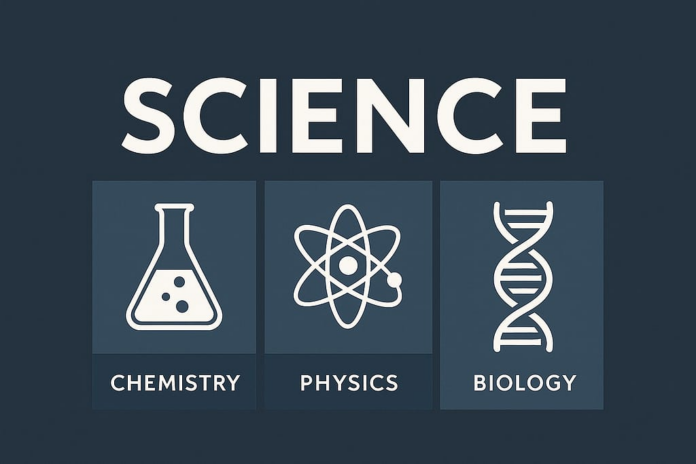Education officials in Antigua and Barbuda are raising alarms over the low number of students pursuing science and technical subjects, despite strong pass rates in those areas.
Dr Myrick Smith, the local CXC registrar, said the issue could have long-term consequences for the country’s development if not addressed.
“Of the 1,409 students who wrote exams, 14% did biology, 9% did chemistry, 9% did physics. Are these numbers sufficient, or do we need to encourage our students to be taking the natural sciences a little more?” he asked.
By contrast, far larger numbers of students continue to choose business-related subjects, with 42% sitting Principles of Business and 29% taking Office Administration.
Technical and vocational education and training (TVET) subjects also show worrying declines, despite their consistently high pass rates. Building technology recorded a 90% pass rate, mechanical technology 95%, and electrical technology 85%, but fewer than 10% of students opted for each.
Dr Smith questioned why students were not choosing fields with clear employment opportunities. “We have record numbers of vehicles on our roads, don’t we? And they will be in need of repair. Auto mechanics is one of those areas that I think should offer lucrative employment,” he said. “Building construction is also an important pillar in our economy… shouldn’t we be guiding more of our young people into those subject areas?”
He warned that Antigua and Barbuda could face shortages of engineers, technicians and scientists in the coming years if the trend continues.
“As a nation, we need to ask whether we have enough persons doing these subject areas to ensure that, as we go further into the 21st century, we have enough of these people in our labour force,” he said.
To address the problem, Dr Smith suggested convening a national symposium involving government, educators, employers and trade groups to examine whether current subject choices align with the country’s future workforce needs.
“The economic pillars have shifted from natural resources to human resources — the ability to reason and apply science and technology. If that is the case, then of course a nation desirous of sustained development would be concerned about producing enough scientists, enough technicians, enough engineers,” he said.
The Ministry of Education is expected to review the data to consider strategies for encouraging greater uptake in STEM and technical subjects.


